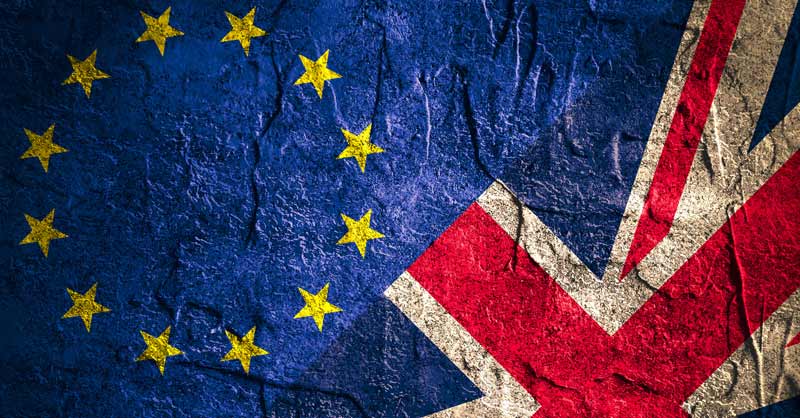09
June 2016
Think Tank Warns Low Income Families Could be Hit Hard by Brexit
Research from the National Institute of Economic and Social Research (NIESR) purports to show that if the UK is to leave the EU, a large portion of the economic costs incurred would fall at the feet of lower income households.
NIESR researcher Katerina Lisenkova said: “The effect on low income families [of Brexit] is likely to be large.
“Our analysis shows that low income families could lose in two ways: their share of the loss of national income plus lower welfare payments in order to meet the spirit of the fiscal charter.”
The report suggests that a vote to leave the European Union would lead to a budget deficit of close to £44 billion in 2020. The figure is compared in the report to the results of a study from the Institute of Fiscal Studies earlier this year that predicted a “£40 billion fiscal shortfall in 2019/20” could follow from the GDP reductions that Brexit could cause.
The NIESR said: “Despite difference in methodology [between their report and the IFS’], our results are strikingly similar: we estimate the Brexit will result in a £44 billion fiscal shortfall in 2020”.
The NIESR made their calculations based on two major points sources of fiscal change- “the impact on national income, and possible changes in migration”.
According to their research, they said: “We estimate that the fiscal deficit will be 0.78%-6.14% of real GDP large in 2020 than in the baseline case of remaining in the EU.”
The NIESR then argue that this shortfall would then lead to the government revising fiscal policy, based on the assumption that “the government decides to meet the fiscal targets set out in its Fiscal Charter.” The fiscal targets, namely Osborne's commitment to delivering a budget surplus by 2019/20 would naturally be harder to meet were GDP to fall by the amount that the NIESR predict it would. The most likely target for cuts in this scenario would be the welfare budget.
“We find that our central estimate of the fiscal shortfall due to leaving the EU is 41% of the projected baseline welfare budget in 2020.”
The NIESR figured three separate scenarios: a ‘worst-case scenario’ whereby 100% of the fiscal adjustment burden is placed on welfare spending; another whereby just 50% of the burden is placed on welfare; and one whereby 25% is.
According to the worst-case scenario, the NIESR claim, low income families could lose out on between £1,861 and £5,542 worth of benefits and tax credits in 2020, depending on the size and structure of the household. If the welfare budget shoulders 50% of the fiscal burden, the loss would be between £930 and £2,771. And if 25% of worth of cuts are taken from welfare provisions, losses would range from £465 to £1,386.
Matthew Elliot, chief executive of Vote Leave, disputed the figures, arguing that they are founded on flawed premises.
He said: “This is yet another report from a former supporter of the euro masquerading as new research that is simply recycling and repackaging previous reports.
“That means the same dodgy assumptions of establishment economists and the Treasury underpin the findings – it is the same people who predicted the world would end if we did not join the euro.”
Patrick Minford, of Economists for Brexit, argued that the NIESR's initial arguments regarding the size of the fiscal deficit following a vote to leave were overly pessimistic. Economists for Brexit released a report a week before the NIESR's, arguing that under a better-case scenario, the UK could agree a a deal within the World Trade Organisation that allows export rights into the Single Market without the costs of EU membership.
They said: "The reality is that many countries sell into the Single Market without membership. Only 12% of the UK's GDP is acocunted for by exports to the EU but all of the UK economy remains subject its regulations. This, combined with the fact that the benefits of the single market continue to dwindle in a global market, means the EU is a club of which the UK should not want to be a member.”
Ultimately, the group argued, based on Minford's modelling, that a preferable trade deal could be arranged outside of the EU that could see output growing by 2%, "real disposable wages" growing by 1.5% and unemployment dropping to 0.2%.





